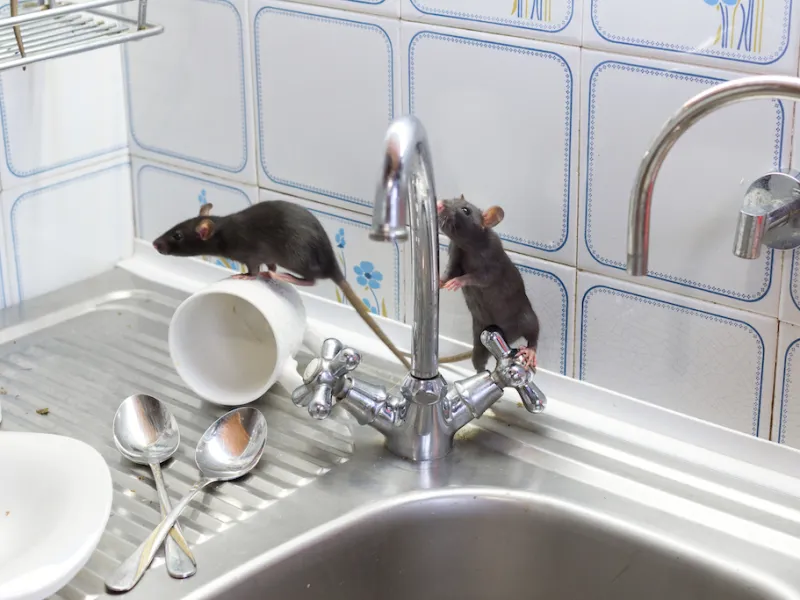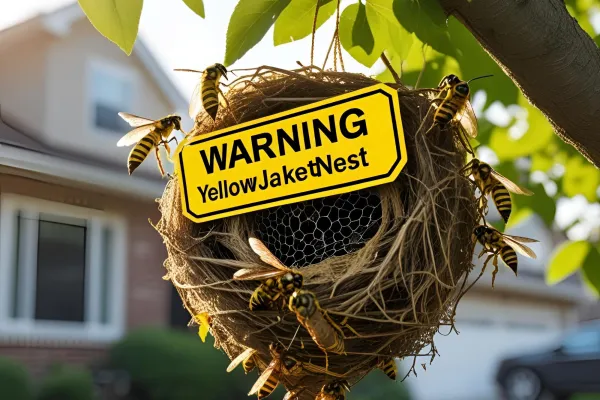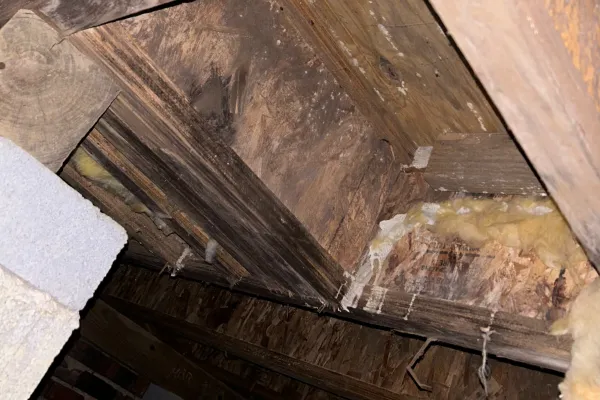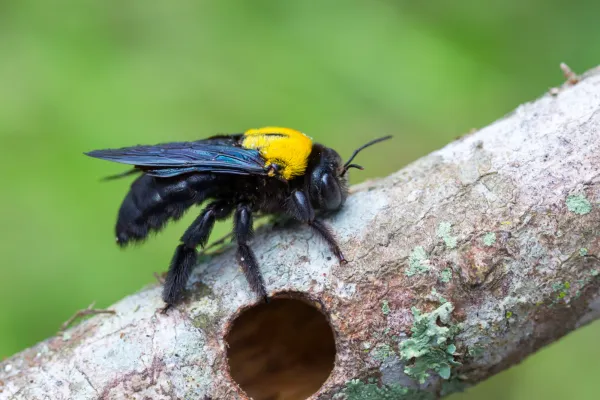Signs & Risks of Rodents

Did you know that 40% of mammals are classified as Rodentia? Rodentia is the scientific name for rodents. Rodents are small mammals characterized by their ever-growing rootless incisor teeth on both the upper and lower jaws. We commonly see these mammals as rats, mice, and even hamsters. However small these rodents may be, they can cause some big problems. Rodent infestations can turn a peaceful home into a nerve-wracking maze. These tiny troublemakers leave their telltale signs behind—gnawed wires, droppings aplenty, and mysterious midnight noises. While some may find these tiny creatures cute or harmless, the reality is that rodent infestations can pose significant health and structural risks. Don't let these pesky invaders take control; understand the signs, risks, and effective rodent extermination methods today.
Signs of Rodent Infestations
Recognizing the signs of rodent infestations early is essential for safeguarding your health, protecting your property, and implementing effective measures to control and prevent further problems. By staying vigilant and addressing the issue promptly, you can create a safe and hygienic environment for yourself and those around you. Addressing the signs of a rodent infestation early on is crucial to prevent the problem from escalating.
Some common signs of infestation include:
- Droppings: Rodents are prolific droppers, leaving their feces in concentrated areas, especially near food sources or hiding spots.
- Gnaw Marks: Rodents have continuously growing teeth, which they keep in check by gnawing on materials like wood, wires, and plastic.
- Noises: Scratching, scampering, and squeaking noises, especially at night, may indicate the presence of rodents in walls or ceilings.
- Nests: Rodents build nests from shredded materials such as paper, fabric, and insulation.
- Grease Marks: Rats and mice often leave greasy marks along walls and baseboards as they rub against these surfaces.
- Chewed Food Packaging: Rodents will gnaw through food containers to access the contents.
Health Risks Posed by Rodents
Rodents, such as rats and mice, can carry many diseases that pose significant risks to humans. From deadly viruses to harmful bacteria, these tiny creatures can transmit illnesses through their droppings, urine, and saliva. We will delve into the often underestimated health risks that rodents can bring into our homes and communities, highlighting the importance of understanding and addressing these hazards to ensure the well-being of ourselves and our loved ones.
- Disease transmission: Rats and mice can carry various diseases, including hantavirus, leptospirosis, and salmonella. These diseases can be transmitted through contact with rodent droppings, saliva, or urine.
- Allergens: Rodent urine and dander can trigger allergic reactions in some individuals, leading to respiratory issues and skin irritation.
- Contamination: Rodents can contaminate food preparation areas and food supplies with their droppings and urine, leading to potential foodborne illnesses.
Structural Damage Risks
Despite their small size, rodents have an astonishing ability to wreak havoc on the structural integrity of our homes and buildings. Rats and mice possess continuously growing incisor teeth, which drives them to constantly gnaw on various materials to keep their teeth in check. From wooden beams and electrical wires to plastic and insulation, no material is safe from their persistent gnawing. Over time, this destructive behavior can weaken foundations, compromise electrical systems, and create entry points for further infestations. If left unchecked, the potential for significant structural damage caused by rodents can result in costly repairs and, in extreme cases, even pose safety risks to occupants. Vigilance in addressing rodent infestations is essential to protect the structural stability of your living and working spaces.
Effective Extermination Methods
When dealing with a rodent infestation, it's essential to choose the most effective rodent extermination methods. Here are some approaches to consider:
- Traps: Snap traps and live traps are widely used for rodent control. Snap traps provide a quick and humane death, while live traps allow for capturing and releasing rodents outdoors.
- Rodenticides: Chemical baits, while effective, should be used with caution due to their potential risks to children, pets, and non-target animals. If using rodenticides, place them in tamper-resistant bait stations.
- Seal Entry Points: Prevent rodents from entering your home or premises by sealing gaps, cracks, and openings in walls, roofs, and foundations.
- Ultrasonic Devices: Some people turn to ultrasonic devices that emit high-frequency sounds, claiming to repel rodents. However, their effectiveness remains debated, and results may vary.
- Professional Extermination: For severe or persistent infestations, seeking help from a licensed rodent exterminator such as Palmetto Exterminators is best. We have the expertise and tools to address the issue safely and effectively.
Prevention is Better Than Cure
To minimize the risk of rodent infestations, adopting preventative measures is essential. Here are a few tips to help end infestations before they even begin.
- Maintain a clean environment by promptly cleaning spills, storing food in airtight containers, and disposing of garbage properly.
- Keep trees and vegetation trimmed away from the structure to discourage rodents from accessing rooftops and points of entry.
- Conduct routine property inspections for signs of rodent activity, and address any vulnerable or entry points immediately.
- Avoid leaving pet food out overnight, as it can attract rodents.
Conclusion
Rodent infestations are a common and concerning problem that can impact both homes and businesses. Recognizing the signs of an infestation, understanding the health risks and structural damage issues involved, and implementing effective extermination methods are vital to safeguarding human health and property. By taking preventative measures and seeking professional help when needed, you minimize the risk of rodent infestations and create safer living and working environments for everyone. Schedule your quarterly pest inspection or contact us today for affordable pest control inquiries.


